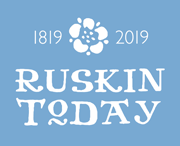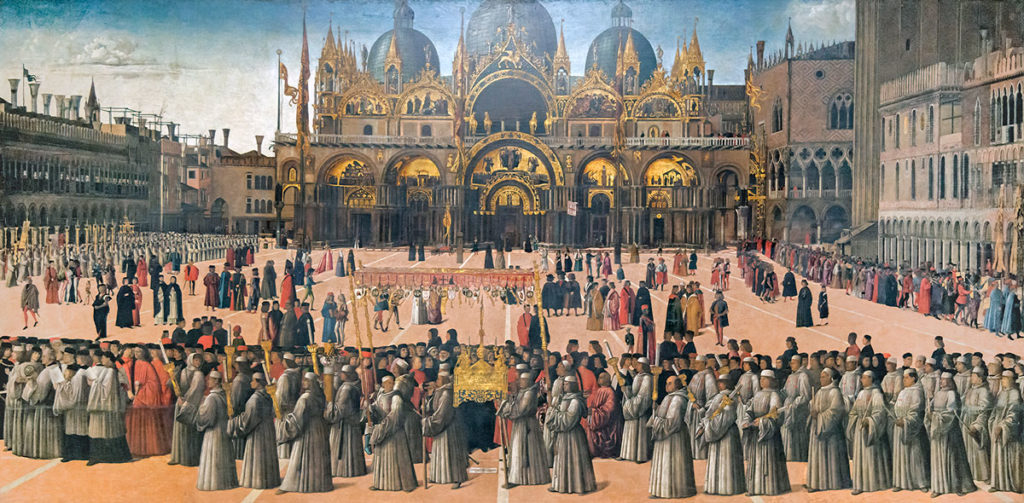Ruskin To-Day is an informal organisation that exists to celebrate the life and ideas of the artist, critic and social reformer John Ruskin (1819-1900). It brings together the activities of the many different societies, academic institutions and individuals who share an interest in Ruskin and in the many different aspects of his work. This website serves as a noticeboard to draw attention to the many Ruskinian events that take place across the world.

Ruskin To-Day does not usually feature books – and this is not a formal review – but Place, Craft and Neurodiversity: Re-imagining Potential through Education at Ruskin Mill should be of interest to anyone with an eye on Ruskin’s influence in the contemporary world. The words “Ruskin Mill” should alert you. The Ruskin Mill Trust works with young people with special educational needs and behaviour problems who learn traditional crafts and organic farming as part of a process of therapeutic education. Its founder, Aonghus Gordon, acknowledges that Ruskin’s views on seeing and our relationship with the natural world contributed to him setting up Ruskin Mill in 1981, together with the ideas of educationalist Rudolf Steiner and William Morris. Behind them stands the intellectual approach of Goethe.
Ruskin Mill has expanded from its location in the Horsley Valley near Stroud to include metal working at Freeman College in Sheffield, glass working at the Glasshouse at Stourbridge, jewellery at Argent College in Birmingham and it continues to expand, with five colleges for students 16-25, four schools, 6-19, and two provisions for participants over 18. It employs 1,200 staff at present.
The book is unusual in that while each chapter is introduced by sociologist Laurence Cox, and in its structure carries the thought processes behind the different kinds of work being done, they each conclude with a substantial contribution from Aonghus Gordon, a conversation that informally reveals how Ruskin Mill has changed and continues to change. The focus is on young people with special needs, but many people reading this book will wish that they had the opportunities that this demonstration of a Ruskinian connection between hand, eye and heart has created.
Aongus Gordon and Laurence Cox, Place, Craft and Neurodiversity: Re-imagining Potential through Education at Ruskin Mill, Routledge, 2024.
A PDF version is available for free in Open Access here
——————————————————————————————————————–
IN MEMORIAM
Ruskin To-Day sadly marks the death of that great Ruskinian, Tim Hilton, who died at the age of 82 on 6th January 2024.
An obituary in the Guardian is available at https://www.theguardian.com/books/2024/jan/31/tim-hilton-obituary

